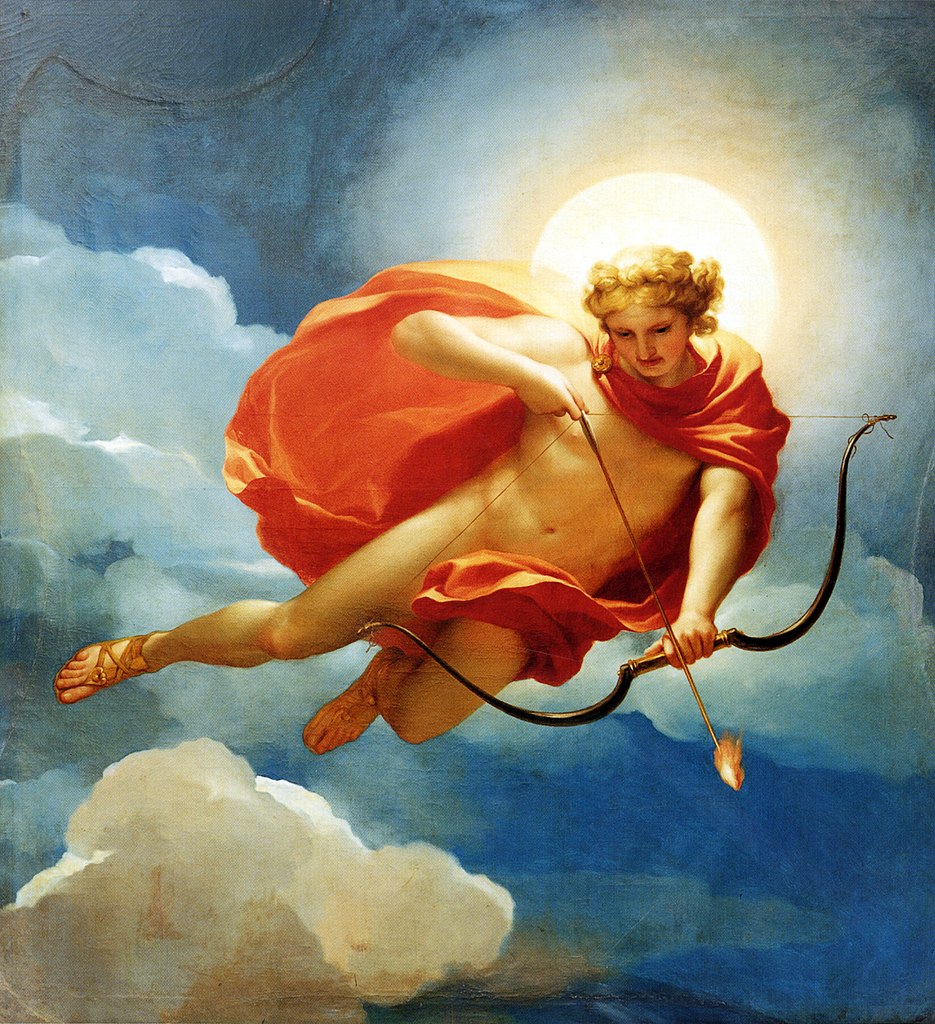We do not immediately associate the poems Schubert set to music with daytime and sunlight. Night and dreams seem to be more the thing. Yet, many of these texts rely on the standard connection between the dawning of a new day and the promise of new life or hope.
It is true, though, that in some cases, day is too full of activity and noise to allow us to pay attention to the truths that emerge in darkness. In Schiller’s Das Geheimnis (D 250, D 793) lovers meet outside, in secret, at night, to avoid the clamour of day:
Von Ferne mit verworr'nem Sausen
Arbeitet der geschäft'ge Tag,
Und durch der Stimmen hohles Brausen
Erkenn ich schwerer Hämmer Schlag!
So sauer ringt die kargen Lose
Der Mensch dem harten Himmel ab;
Doch leicht erworben, aus dem Schoße
Der Götter fällt das Glück herab.
Dass ja die Menschen nie es hören,
Wie treue Lieb' uns still beglückt!
Sie können nur die Freude stören,
Weil Freude nie sie selbst entzückt.
Die Welt wird nie das Glück erlauben,
Als Beute wird es nur gehascht;
Entwenden musst du's oder rauben,
Eh' dich die Missgunst überrascht.
Leis auf den ehen kommt's geschlichen,
Die Stille liebt es und die Nacht.
From afar, with a confused roar,
Busy day is at work,
And within the noises of hollow roaring
I recognise the beating of heavy hammers.
Wrestling their meagre lot is so bitter
For humans taking on the harsh will of heaven;
However, easily won, from the lap
Of the gods, happiness descends on us.
Let us hope that other people will never hear
How quietly happy we are made by devoted love!
They can only disturb the joy
Since they have never been delighted by joy themselves.
The world will never permit happiness,
It will just be hunted as prey,
You will have to steal it or commit robbery,
Before you are overtaken by envy.
It slips in gently on tiptoe,
It loves quietness and the night.
However, Kosegarten’s Die Sterne (D 313) values night because it allows the lovers to contemplate the distant stars, which promise a new dawn. The long poem is a movement from night to ‘Eden’s more beautiful day’:
Wie wohl ist mir im Dunkeln!
Wie weht die laue Nacht!
Die Sterne Gottes funkeln
In feierlicher Pracht!
Komm, Ida, komm ins Freie,
Und lass in jene Bläue,
Und lass zu jenen Höhn
Uns staunend aufwärts sehn.
. . . . . . . . . .
O Sterne Gottes, Boten
Und Bürger bessrer Welt,
Die ihr die Nacht der Toten
Zu milder Dämmrung hellt!
Umschimmert sanft die Stätte,
Wo ich aus stillem Bette
Und süßem Schlaf erwach
Zu Edens schönerm Tag!
How well I feel in the darkness!
How mildly the breezes of night waft past!
God's stars sparkle
With a celebratory magnificence.
Come, Ida, come into the open space
And let us look up into that blueness
And let us look up into those heights
Let us look upwards in astonishment.
. . . . . . . . . . .
Oh stars of God, messengers from
And citizens of a better world,
You who offer to the night of the dead
A mild, bright dawn to come,
Gently shine around the place
Where I, from a quiet bed
And sweet sleep, wake up
To Eden's more beautiful day!
☙


